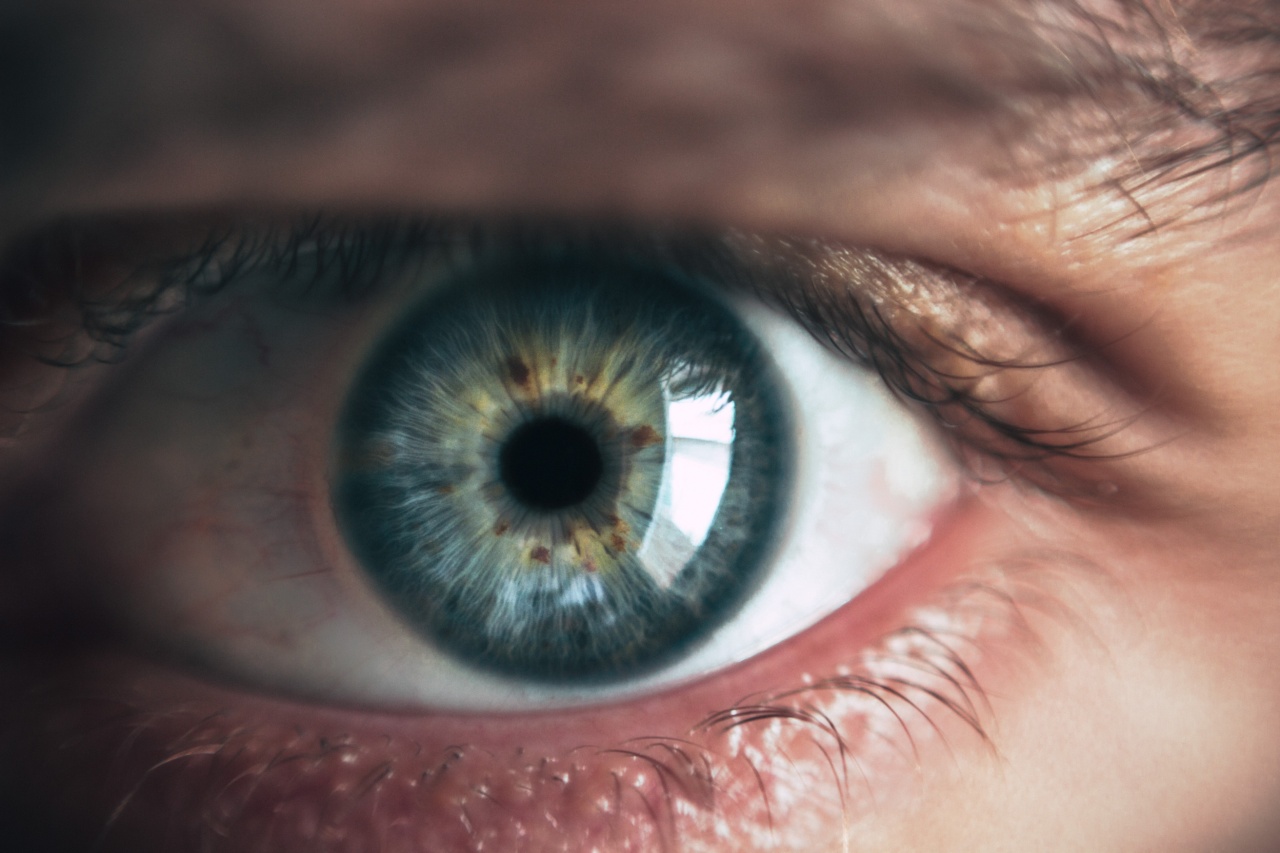Blurry vision refers to a lack of sharpness or clarity in one’s eyesight, making objects appear hazy or out of focus. While occasional blur can be normal, persistent or sudden blurriness may indicate an underlying health issue.
Here are nine possible factors that may contribute to blurry vision:.
1. Refractive Errors
Uncorrected refractive errors, such as nearsightedness (myopia), farsightedness (hyperopia), astigmatism, or presbyopia can cause blurry vision.
These errors occur when the shape of the eye prevents light from focusing directly on the retina, leading to blurred images.
2. Dry Eyes
Dry eye syndrome occurs when the eyes do not produce enough tears, or the tears evaporate too quickly. This can cause irritation, redness, and blurry vision.
Factors like aging, hormonal changes, certain medications, environmental conditions, or extended screen time can contribute to dry eyes.
3. Eye Infections and Allergies
Eye infections, such as conjunctivitis (pink eye) or keratitis, can cause redness, itchiness, and blurred vision.
Allergic reactions, particularly to substances like pollen, pet dander, or dust mites, can also lead to blurry vision along with other symptoms like watery or swollen eyes.
4. Cataracts
A cataract is the clouding of the eye’s natural lens, which can cause blurry or hazy vision.
As cataracts progress, they may also lead to increased sensitivity to light, difficulty seeing at night, or the development of a halo effect around lights.
5. Glaucoma
Glaucoma is a group of eye conditions that damage the optic nerve, leading to vision loss and potential blindness if left untreated.
One type of glaucoma, called angle-closure glaucoma, can cause sudden blurred vision, severe eye pain, headache, nausea, and halos around lights.
6. Macular Degeneration
Age-related macular degeneration (AMD) is a progressive eye disease where the center of the retina (macula) deteriorates, affecting sharp and central vision. Blurry or distorted vision, dark spots, or wavy lines may be signs of AMD.
7. Diabetic Retinopathy
Diabetic retinopathy is a complication of diabetes that affects the blood vessels in the retina. As the condition progresses, it can cause vision problems, including blurry or fluctuating vision, floaters, dark spots, or impaired color vision.
8. Medications
Some medications, such as corticosteroids, antihistamines, anticholinergics, or medications that affect blood pressure, can have the side effect of causing blurry vision.
If you experience vision changes after taking a new medication, consult your healthcare provider.
9. Headaches and Migraines
Headaches and migraines can sometimes cause visual disturbances, including blurred vision, flashing lights, or blind spots. These visual symptoms, often referred to as an aura, typically occur before or during a headache episode.
If you’re experiencing persistent or worsening blurry vision, it’s essential to consult an eye care professional for a comprehensive examination to identify the underlying cause and receive appropriate treatment.





























